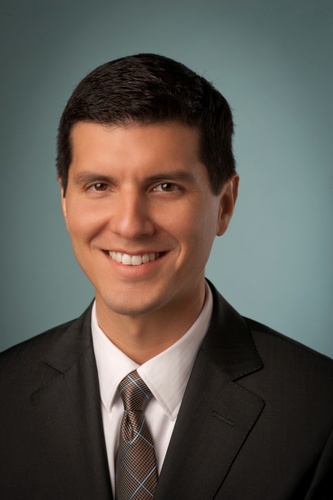Manuel A. Eskildsen, MD, MPH, CMD, AGSF
Associate Chief of Geriatrics for Education
Director, Emory Geriatric Medicine Fellowship Program
Associate Professor of Medicine
Division of General Medicine and Geriatrics
Emory University School of Medicine
Taking care of older adults is extraordinarily rewarding to me—I’m always moved by the fascinating life stories and challenges my patients share. In particular, I find it especially fulfilling to help simplify an older adult’s care when he or she is coping with complex problems. That’s an especially satisfying part of my job.
But sometimes, when you’re dealing with older adults who have unique health needs—like members of the lesbian, gay, bisexual or transgender (LGBT) community—you run into different kinds of issues that aren’t just about simplifying medical solutions. For example, I especially remember the death of an older gay man whose story stuck with me because he died alone. Sadly, his death spoke to a truth that exists for many older LGBT people: they are more likely to be socially isolated than their heterosexual peers. Many don’t have children, and significant numbers of LGBT adults may also be estranged from their biological families. There are many factors that have contributed to this reality, but principal among them is the fact that many older LGBT people grew up at a time when their sexuality was a stigma they didn’t feel comfortable sharing. In those days, there was very little—if any—social support for someone who identified as LGBT.
One of the great fears I’m sure many of us share is that we’ll die alone—unfortunately, like that patient I remember so clearly, this is a particularly heightened concern for older LGBT adults. That’s what makes our job as geriatricians and geriatrics healthcare professionals all the more important—especially as we commemorate culturally sensitive care during national awareness events like Minority Health Month. We as elder care providers—and informed patients—can start helping to change how older LGBT adults are treated, especially at the end of their lives, by being sensitive to their needs and respectful of their health, care, and personhood. This is why I’m so gratified by the recent AGS position statement covering the care of older LGBT adults. It will help health professionals and older adults alike pioneer fairer and more equitable treatment for LGBT people who can be subject to discrimination in health care and society. Continue reading

